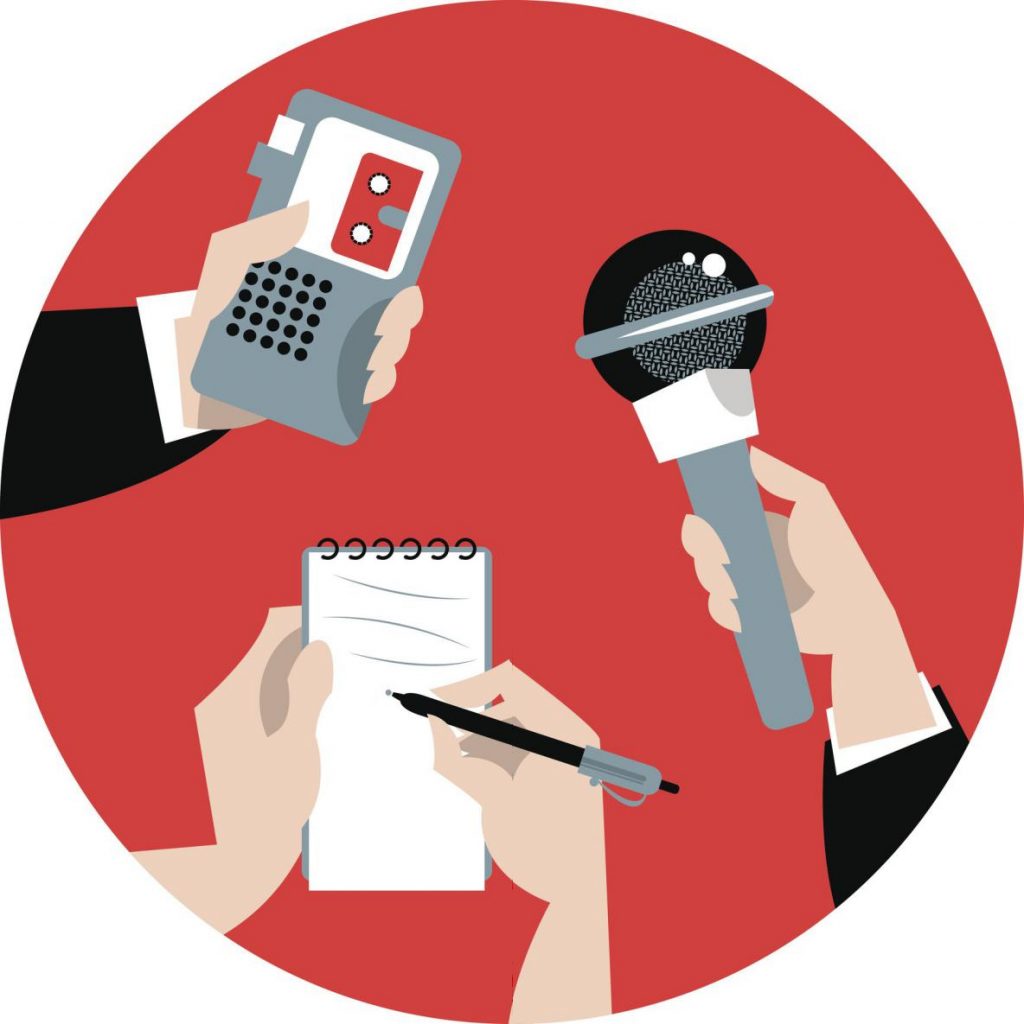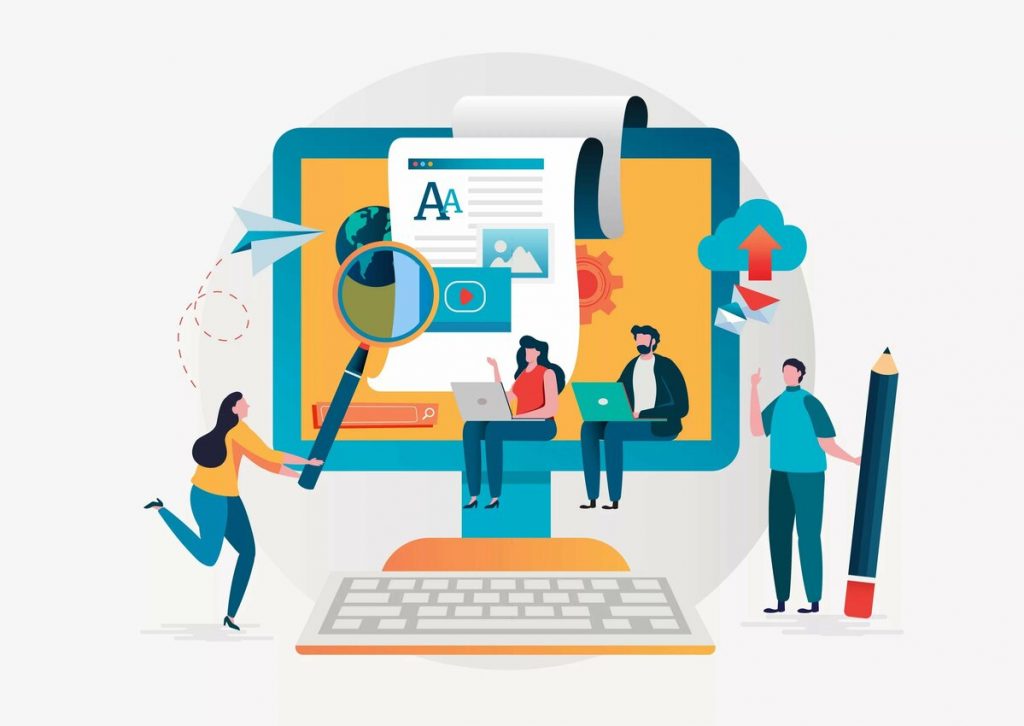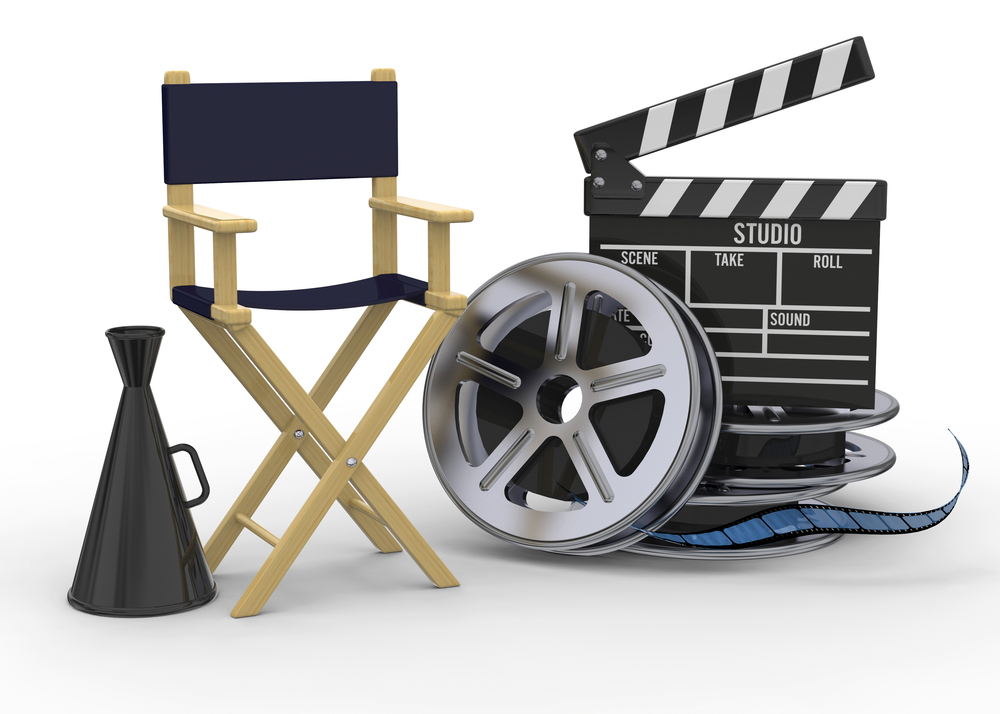Do We Need to Transcribe Interviews?
Why Do We Need to Transcribe Interviews and How to Do It With No Issues?
Transcribing interviews
Transcription started a long time ago, when words of famous orators, politicians, poets and philosophers were written down by transcribers, so they could easily be spread and wouldn’t be forgotten. In ancient Rome and Egypt, literacy was a luxury. Thus, they had professional scribes who were committed to transcribing and duplicating information. Transcription still plays an important part in our everyday life. Today, it is a well-known tool which serves to improve efficiency at work and make people’s lives much simpler. Let us dig a bit deeper into that.
Who can benefit today from transcription services? It is important to underline that transcription services might be useful for various professionals. It is usually of great help to workers who have to process and manage information. Today we will focus on those professions in which workers conduct interviews as part of their working routine, analyze the answers and write reports based on that info. We can define an interview as a one-on-one structured conversation between an interviewer, the participant that asks questions and an interviewee, the participant that provides answers. Usually interviews are recorded and saved as an audio or video file. Sometimes it makes a lot of sense to have the interview written down, in a form of a text file. Transcription services can help a lot with that. Let’s look into five professions in which transcribed interviews might be useful to the interviewer and can help in getting the job done.
Recruiters

The job of a recruiter is to find the right person, usually among lots of candidates, who will fill a position in a company. To be successful in their talent hunt they need to do many tests and talk to many applicants. That of course includes conducting interviews. They might interview up to ten people for only one position and those interviews sometimes might last up to an hour. After the interviews their job is not done. Due to the high number of applicants they need to write reports and compare the advantages and disadvantages of each candidate so they can make a decision and hire the person which will be most suitable for the job.
Wouldn’t it be handy, if the recruiter would have a transcription of the interviews to do all of that above? Indeed, this way it would be much easier to compare the advantages and disadvantages of a candidate, write reports and check them for mistakes or omissions. All the needed information could be saved in datasheets simply by copying them from the transcripts.
Podcaster

As the popularity of podcasts is skyrocketing, so is the need for good content. Podcast creators often have guests in their podcast shows who they interview. After the interview is recorded, there is still a lot to do. The record needs to be edited. The juicy stuff needs to stay in the podcast, but all the unimportant answers, maybe those where the guests are repeating themselves or the stuff that is a bit boring will not make it to the final version of the podcast. The important thing is that the host knows what message the show is trying to convey and also how this message will be conveyed.
When the podcast creator has a transcript of his interview it will be much easier for him to separate the wheat from the chaff. Thus, the final version of the podcast will have a better flow and a more compelling vibe for the audience.
Journalist

Most journalists make a ton of interviews even though this might vary depending on what they are specialized for. Nevertheless, interviews are indispensable for their profession: journalists are always busy, preparing the next story, interrogating famous or important people about their opinions or their actions.
News reports are important for the whole society, since news shape the opinions of people. Therefore, the job of journalist is to be as accurate and objective as possible. But it is also very important to be fast, to be the first to get the news out. Transcriptions of interviews are of great help to journalists when they are writing their stories as they can help them to stay impartial and get their reports out to the public more quickly.
Marketing manager

In the field of marketing interviews are conducted to understand how consumers think. Especially important are the so-called in-depth interviews. This method gives detailed information about costumer’s thoughts. It is usually done with a smaller number of respondents and their perspectives on a particular idea or situation is explored. Marketing managers will get detailed responses from each costumer since the interview is done one-on-one between the costumer and the interviewer and this is a big advantage. In-depth interviews are often used to refine future research or provide context to future studies.
If the in-depth interview is transcribed, it is much easier to analyze the result and get the needed information in a fast and accurate manner. Other approaches would be inefficient and time-consuming.
Movie producers

Interviews play a big part in documentaries. Many non-native speakers who watch those documentaries can have a hard time understanding everything that has been said. Also, interviewed people in documentaries don’t always have a great diction or pronunciations or they maybe have a strong accent, so even native speakers are sometimes not able to understand everything. Last, but not least, hearing impaired people need closed captions to be able to enjoy a documentary.
Even though most of the times movies have scripts which are created before the production, due to editing they are not always accurate. If the movies are transcribed this can be a great help for the movie producers to create subtitles and closed captions.
For now, this article gave you examples on where transcriptions services of interviews can come in handy. We covered the fields of HR, entertainment, media, marketing and show business. There are also a lot of other fields in which you need to conduct interviews, but we will leave it at these five examples. So, let’s move to the process of transcribing. Transcriptions can be done manually or by a machine. We will now take a closer look at both methods.
Manual transcription
Manual transcription is a service which is done by a human transcriber. This process goes as follows: First of all, the transcriber needs to listen to the whole recording to get an idea of the subject and determine if the quality is satisfying: if there is background noise and if the audio/video file isn’t cut at some point. When transcribing, it is a good practice to use a good pair of earphones, especially if the recording quality isn’t top notch. Then the transcriber listens to the audio or video file a second time and writes down what has been said. The first draft of the transcription is then done. The transcriber listens to the tape a third time and corrects any potential mistakes and omissions. At the end the transcription is saved in a text file.
The biggest downside to manual transcriptions is that they are time-consuming, especially if you are doing them by yourself. Also, if you don’t have much experience you will probably make some mistakes. On the other hand, if you hire a professional transcriber, chances are you will get a good service, but you will also have to dig a bit deeper into your pocket to pay for it. An average hourly pay for a human transcriber is around $15.
Machine transcription
As already mention, you can let a machine do the transcription of the interview. This has become a common practice among professionals. The biggest advantage of machine transcriptions is that the transcription can be done very fast. You simply upload your audio or video file and wait for a short period of time (mostly we are talking about minutes) to download your text file or to receive it via e-mail. Gglot offers machine transcription services. Before receiving your text file, Gglot will give you the possibility to edit the documents which most of the time is very convenient.
Machine transcription is a great way of transcribing, especially if you have a huge amount of audio/video files that need to be transcribed. It will be much cheaper than hiring a human transcriber. You will not only save money, but also valuable time. Anyways, it is important to know that even though technology is developing day by day and has come very far, a human transcriber is still a better choice if the interviewed person has a strong accent.
In the end, lets underline the main advantages of interview transcriptions. We will start with convenience. If you need to write some sort of a report based on an interview that lasted for 45 minutes, you will lose at least 45 minutes to listen to it. Also, take into account how many times you will have to rewind the tape to listen to some parts more than once. A transcription will be much more convenient since you just need to take a peek at the document and you will be able to find the important parts right away. It is not necessary to mention how much time you can save that way. You should opt for productivity and stop losing time on processes that aren’t necessary. Find a reliable transcription service provider. Machine transcription is the cheapest and fastest option to transcribe interviews.